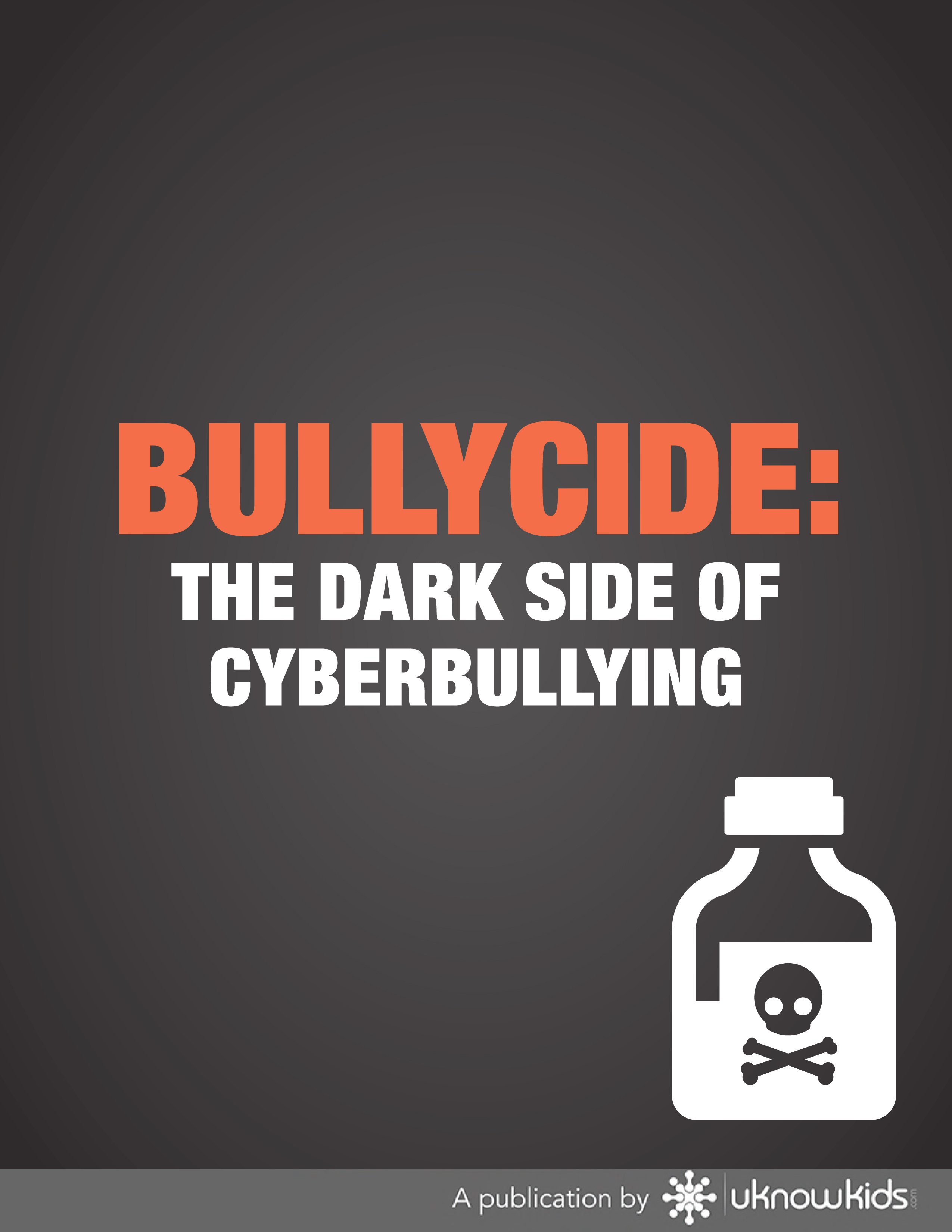The anonymous app fad continues with the release of a new app called Truth. The ThirdParent Blog recently released an article discussing the new app and how it may be used mostly for cyberbullying and sexting. All parents need to know about the potential dark side of this new app in order to shield tweens and teens from digital dangers. Here is an excerpt from the article:
"Well, parents, a new app called Truth launched this month and it has a shot at being the worst cyberbullying platform out there. Yik Yak and Ask.fm may pale in comparison to how few socially redeeming qualities Truth ends up having if it takes off with teens.
The concept behind Truth is an interesting one. After downloading Truth, users can anonymously message anyone who is already in their phone’s contact list. If the recipient has also downloaded the app, the recipient can view the message but has no indication whatsoever who the sender is. If the recipient is not yet a Truth user, he receives a text message showing part of the message and prompting him to download the app to see the full message. Again, the recipient will have no indication of who sent the message.
Read More »











1.jpg)



.png)



